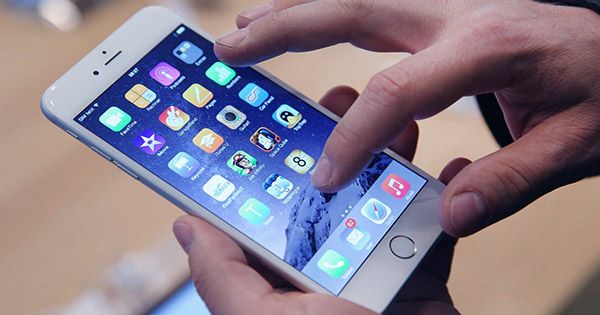In the United States, after you have been vaccinated against COVID-19 you are given a small paper card issued by the CDC which is basically the only proof that you have received your shots. This may seem like a small amount of evidence, which you can easily lose, but replacing that copy of the paper with digital has become a political lightning rod in America. Nonetheless, many companies are trying to attack the problem to produce a functional form of digital proof, sometimes called a vaccine passport. For all intents and purposes, what many call a vaccine passport is proof that there is a vaccine that can carry your smartphone instead of just your wallet card.
Some have argued against the digital approach because of privacy. Others have claimed that it is a civil liberties issue, and some have pointed to equity issues related to not having access to appropriate technology or equal access to the Internet. In addition to open ethical questions, the lack of con- cipres has forced several states, including Florida and Georgia, to legally ban the use of passport records, at least in the manner in which they conduct state-owned business or create record-keeping of centralized vaccination. In Iowa, the governor signed a law last month that prohibits businesses and the state from requiring any proof of access to services, whether the card is physical or digital.
These are just a few examples of the patchwork of state laws and executive orders that have resulted in more complexity of companies trying to develop products to address this problem. However, not every state is banning digital vaccination records. Earlier this month, California launched a registration system to request digital records of your vaccinations, and New York announced a system for downloading vaccination proofs on your smartphone earlier this year.
We’ve talked to a number of experts to take your vaccine card to the digital world to learn how it can work despite obvious friction. According to Dr. Shira I. Doron of Tufts Medical Center in Boston, whose specialties are related to infectious diseases and hospital epidemics, this is not as simple a matter as it sounds.
















